EWOSA News - October 2025

- Home
- EWOSA News - October 2025
On this page
From the Ombudsman

The July to September quarter is typically a busier period for complaints, driven by colder weather and end-of-financial-year price change notices. This year was no different, with just over 2,600 cases received – up by 27% from the previous quarter.
Compared to the same period last year, case volumes fell by 14%. This reflects one member’s transition to a new billing system in 2024, which caused temporary issues that have since been resolved.
The new financial year offers time to reflect on developments within our organisation and the sector. Our 2024-25 Annual Report summarises our activities across case management, operational improvements, and policy engagement.
This year felt like a snapshot of the energy transition. EWOSA continues to work with policymakers to ensure South Australian consumers receive fair outcomes in a changing market.
One example of this policy work is our recent submission to the Australian Energy Market Commission (AEMC). As more households move from gas to electricity, fewer customers are left to share the cost of maintaining gas networks. We supported a proposal to recover certain service costs upfront, helping to distribute costs more fairly and protect those least able to afford the switch, such as renters and pensioners.
For those planning their own transition, the Commonwealth Government has released a new online guide to electrification. It outlines the benefits of going all-electric, practical steps for switching appliances, and links to rebates and support programs. Visit energy.gov.au to learn more.
We are here to help if you are unable to resolve a matter with your provider or need some information. Please contact us on 1800 665 565 or via our website if you need assistance.
Sandy Canale
Energy and Water Ombudsman SA


Hot Issues
The AEMC has made a rule change so that all small customers must have a smart meter installed by the end of 2030. The rollout period starts on 1 December 2025.
A smart meter can help you:
- monitor your electricity usage
- change your usage to reduce your bills
- get connected and switch providers or contracts quickly
- access more electricity plans that better suit how you use power
- avoid getting an estimated bill.
You are no longer able to opt out of having a smart meter – this part of the rule change commenced in June 2025. However, there are a number of new customer protections that will come into effect on 1 December 2025:
- providers will not be able to charge for a smart meter installation (unless it was requested by the customer)
- providers will need to obtain explicit informed consent from a customer before switching them to a time-of-use tariff for a period of two years after a smart meter installation
- if your meter board needs fixing to have a smart meter installed, you are not obliged to do this.
The Australian Energy Regulator (AER), who is responsible for monitoring compliance during the smart meter rollout, has released guidance for providers and customers on their website. This is an excellent resource for understanding your rights or responsibilities throughout the rollout.
Importantly, if you have a complaint with your provider about a smart meter installation that has not been resolved, you can contact us on 1800 665 565 or via our complaint form.
The AEMC is considering changes to the rules that apply to energy customers who require medical and other life support equipment. The aim of the proposed changes is to support providers to better deliver safe and reliable electricity services to life support customers by refining the processes for identifying, registering and communicating with them.
Some of the changes being considered include:
- improving definitions of life support customers to focus resources on those most in need and enable more targeted civil penalties for breaches
- improving registration and deregistration processes to ensure registers are accurate and up to date
- improving communication methods to contact life support customers.
Alongside our counterparts in News South Wales and Queensland, EWOSA recently made a submission to the AEMC on their Improving life support processes consultation. The submission is broadly supportive of the proposed changes and includes recommendations informed by our combined experience engaging with this customer group.
As more Australians switch from gas to electric appliances, the Australian Energy Market Operator (AEMO) forecasts a significant decline in gas consumption over the next 20 years. With fewer customers on the gas network, the costs of maintaining it will be spread across a smaller base – pushing up prices for those who stay connected.
In light of these concerns, the AEMC is conducting several rule change processes associated with gas regulations. Some of the rules they are considering include:
- requiring newly connecting retail gas customers to pay a charge upfront
- requiring customers temporarily disconnecting or permanently abolishing their gas connection to pay a charge upfront
- updating the National Gas Rules (NGR) with new capital expenditure criteria, depreciation criteria, and planning requirements.
Meanwhile, the AER is currently reviewing a gas access arrangement proposal from Australian Gas Networks (AGN) SA for the period 2026 to 2031. This periodical review process will determine how much revenue AGN SA can recover from customers for using its network.
The AER will release a draft decision on the proposal in November, with consultations open until February 2026 following a revised plan from AGN SA in January. EWOSA has already made a submission on the initial proposal and will continue advocating for evidence-based policies that help minimise cost pressures on customers.
The review aims to protect the long-term interests of South Australian consumers with respect to the price, quality and reliability of water retail services. It will cover issues like price regulation, service standards, information for consumers, billing, family violence protections and protections for people experiencing affordability issues.
If you are a customer of a small-scale water provider – that is, you receive your water and/or sewerage bill from a business other than SA Water – and you have any issues, you can write a submission to the review. These are due by 14 November 2025.


Case Studies
Greg had been a long-term customer experiencing financial hardship and received ongoing assistance through his provider’s hardship program. After moving house, Greg asked for his old and new account balances to be combined so he could continue under the same support plan. The provider refused, advising that its policy did not allow debts to be transferred between accounts.
Greg contacted EWOSA for help. We reviewed the provider’s policy and confirmed it included provisions to support continuing customers who move address. After our investigation, the provider acknowledged it had not applied its hardship policy correctly, apologised to Greg, and consolidated the debt. A new affordable payment arrangement was established, helping Greg continue managing his energy bills.


Customer Corner
With South Australia facing more frequent extreme weather – including heatwaves, storms, and bushfires – power outages can happen with little warning and may last longer than before. While your electricity provider will work to restore supply as quickly as possible, it’s important to know how to stay safe and prepared.
The Energy Charter has launched a national education campaign to help Australians plan ahead for unexpected outages, especially during severe weather events. The campaign builds on its Life Support Power Outage Plan initiative, broadening the focus from people who use medical equipment in the home to all Australian energy customers.
The initiative is designed for households, community organisations, local governments, and people who may be more vulnerable during emergencies.
You can visit the Power Outage Plan website to access a checklist and a step-by-step template to create your own plan, so you’ll know what to do if the lights go out.
The Australian Government’s Department of Climate Change, Energy, the Environment and Water (DCCEEW) has released a new online guide to electrification to help households plan their move from gas to electric appliances.
Electrification – replacing gas-powered systems with electric alternatives – can help households lower their energy bills, cut emissions, and improve indoor air quality. Going all-electric in key areas such as hot water, heating and cooling, and cooking can save hundreds of dollars a year, with even greater savings for homes with solar and battery storage.
Their online resource outlines the benefits of going all-electric, practical steps to plan your transition, and available rebates and assistance programs.
Visit energy.gov.au to learn more about how to electrify your home and explore other useful household energy resources.


Consumer Trends
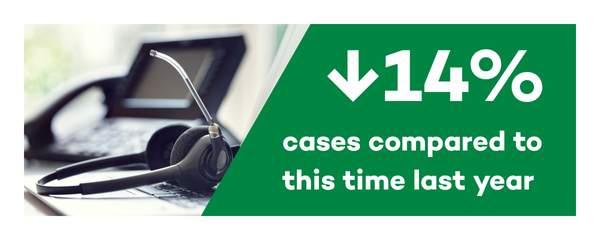
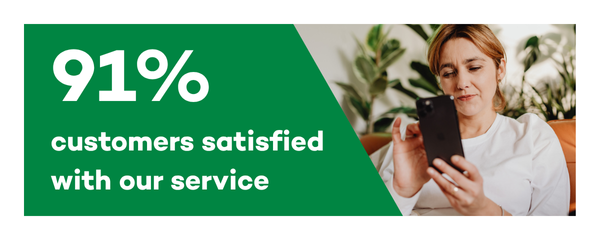

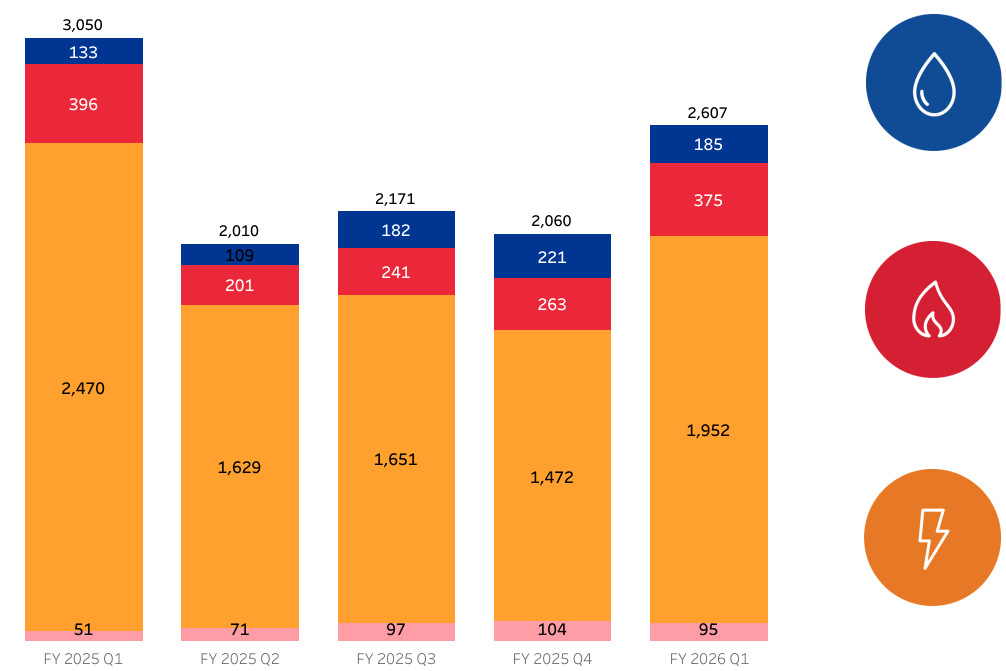
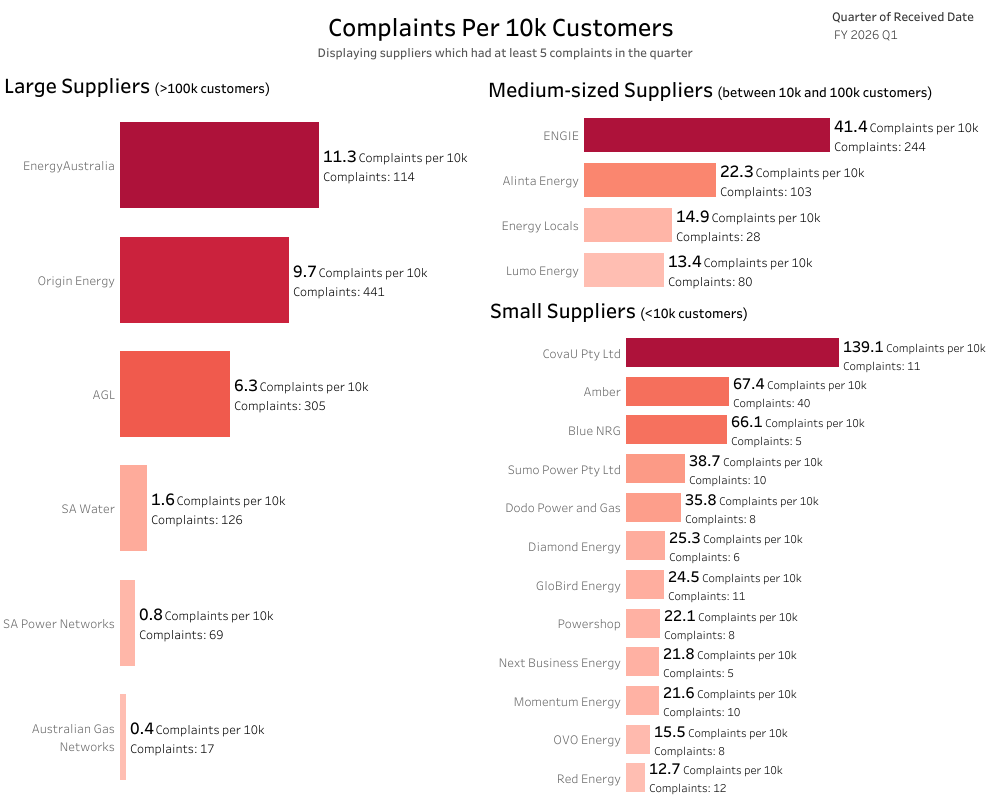
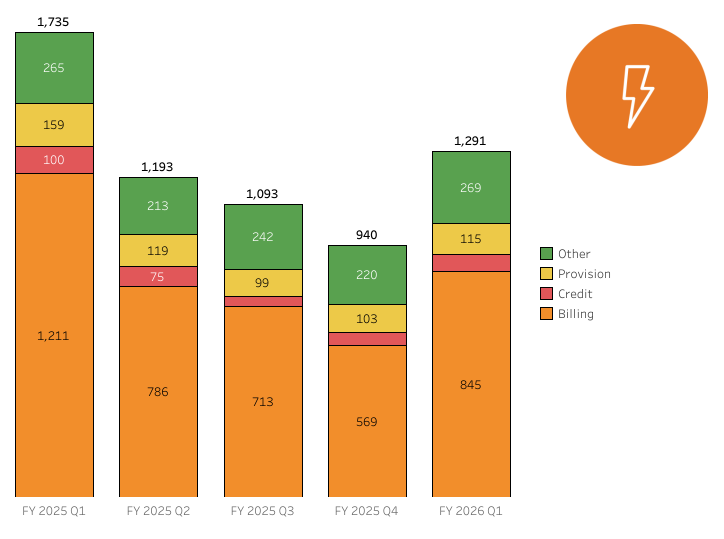
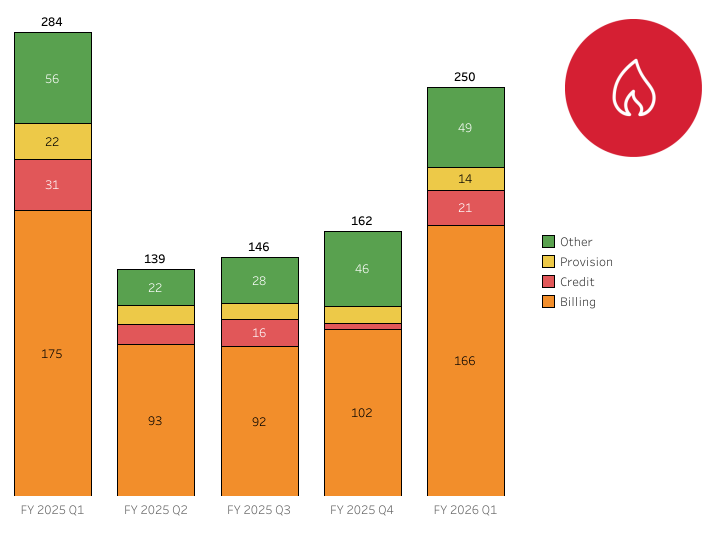
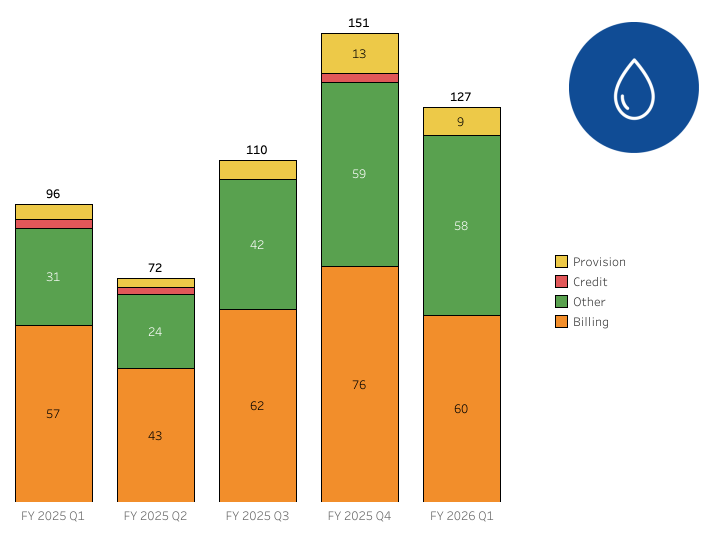
Remember, we are here to help
EWOSA facilitates the prompt resolution of complaints between customers of electricity, gas and water services and members of our scheme by providing a free, independent, accessible, fair and informal service to customers.
Call us on 1800 665 565 or submit a complaint via our web form.